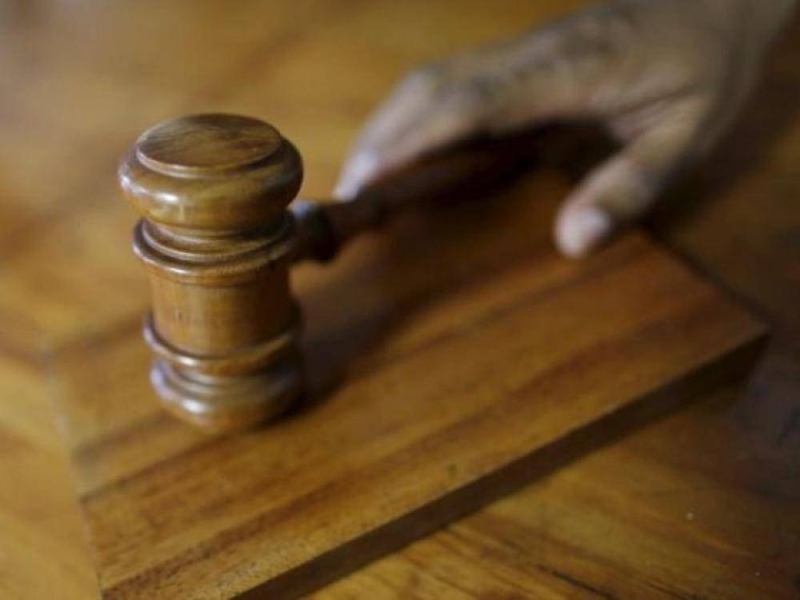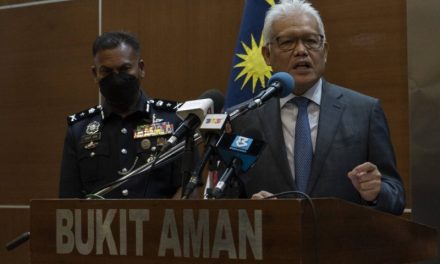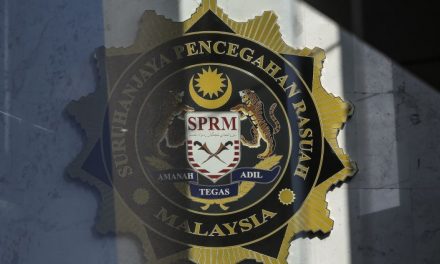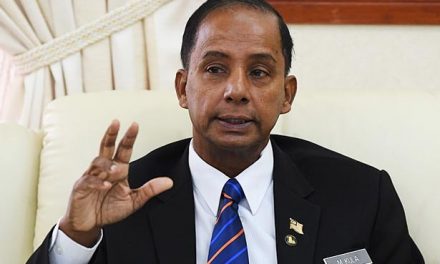PUTRAJAYA, June 20 | The Industrial Court is the proper forum to decide whether the government of the United States of America (US) was protected by sovereign immunity from an unlawful dismissal claim brought against it by a security guard who worked at its embassy in Kuala Lumpur, ruled the Federal Court.
Chief Judge of Malaya Tan Sri Azahar Mohamed, who delivered the decision of the three-member panel today, held that the High Court was not a proper forum to decide on the restrictive sovereign immunity issue.
He said L. Subramaniam’s unlawful dismissal case against the US government should be adjudicated in the Industrial Court.
The panel, also comprising Federal Court judges Datuk Zabariah Mohd Yusof and Datuk Seri Hasnah Mohammed Hashim, dismissed the US government’s appeal against the Court of Appeal’s decision which had ruled in favour of Subramaniam.
In the court’s decision, Justice Azahar said whether restrictive sovereign immunity applied to the US government, would depend on the determination and finding of facts of the nature, duties and job scope of Subramaniam.
“The relevant evidence can only be more appropriately given at the Industrial Court where the matter will be heard and the parties may cross-examine each other on the true nature of Subramaniam’s employment and the act of dismissal,” he added.
Justice Azahar said Subramaniam’s job as a security guard at the embassy alone was not sufficient while evidence ought to be adduced on whether his performance was connected to functions relating to the sovereignty of the United States.
Subramaniam claimed that he was merely performing auxiliary duties at the embassy and was not involved in the diplomatic functions or governmental decisions of the United States.
He also contended that he did not have any access to the confidential information or documents relating to the embassy or US government, adding that the US government was not immune to legal actions.
Under restrictive sovereign immunity, a foreign state is immune from legal action if the dispute involves executive or governmental policies of the sovereign state. Immunity will not be applicable if the sovereign state performs certain private transactions which are commercial in nature.
Subramaniam, 54, who worked with the US embassy in Kuala Lumpur for more than 10 years claimed that his service was unfairly terminated in 2008.
Subramaniam then filed a representation under Section 20 (1) of the Industrial Relations Act 1967, claiming that his dismissal by the embassy was without just cause and excuse, and sought reinstatement to his position as security guard.
In April 2019, the then Human Resource Minister, M.Kula Segaran referred the matter to the Industrial Court for adjudication of the dispute.
The US government then filed a judicial review application at the High Court, among others, seeking to quash the Human Resource Minister’s reference decision and a declaration that it and its embassy were immune from the jurisdiction of the Industrial Court.
The High Court, on January 8, 2020, ruled that the US government and its embassy were protected by immunity and prohibited the Industrial Court from adjudicating Subramaniam’s unlawful dismissal claim case.
Last year, the Court of Appeal overturned the High Court’s decision and ordered the Industrial Court to proceed with hearing the dispute, prompting the US government to bring the matter up to the Federal Court.
Lawyer Lim Heng Seng represented the US government while senior federal counsel Liew Horng Bin appeared for the Human Resource Minister and the Industrial Court, while lawyers Tai Yong Fung and Joshua Tan-Jo Ven represented Subramaniam.








